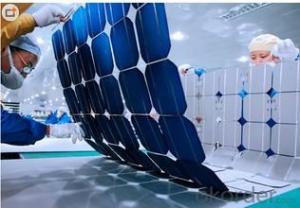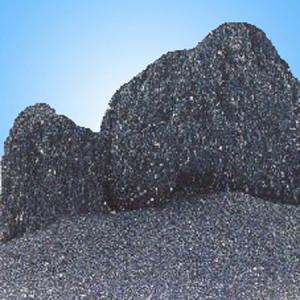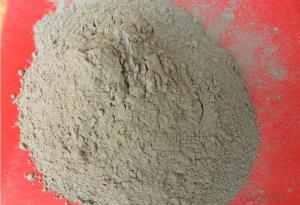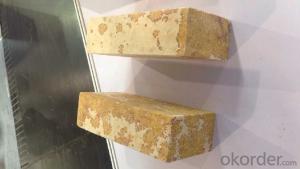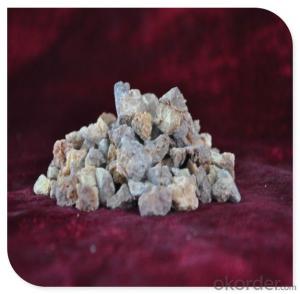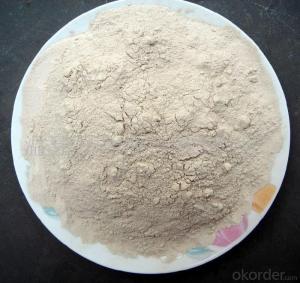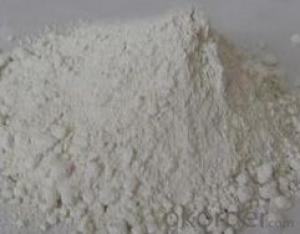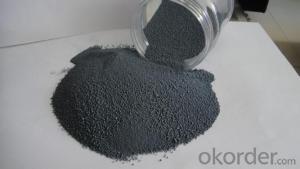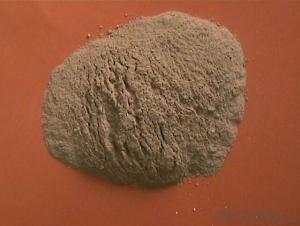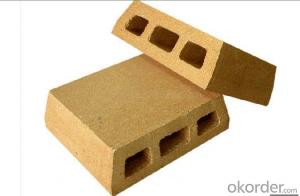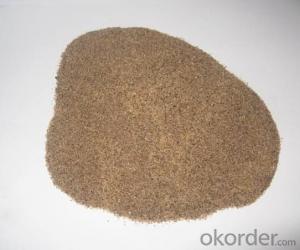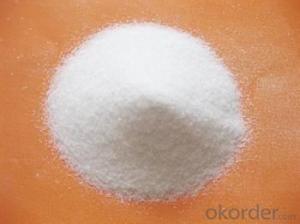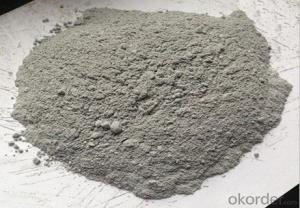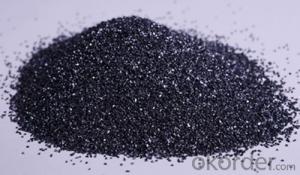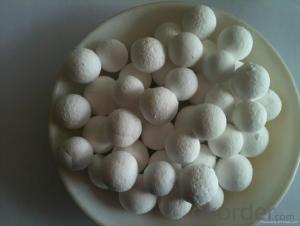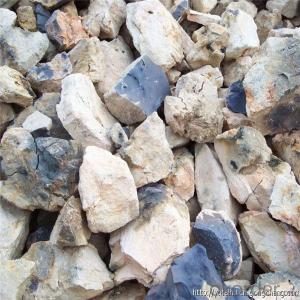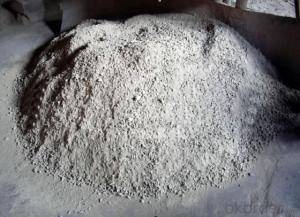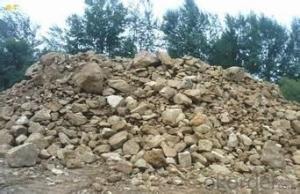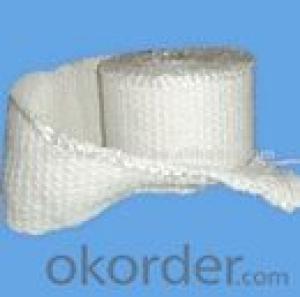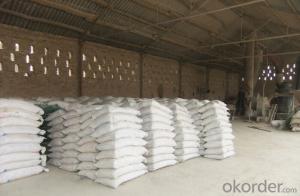All Categories
- - Steel Wire Rod
- - Steel Coils
- - Steel Profiles
- - Steel Pipes
- - Stainless Steel
- - Tinplate
- - Special Steel
- - Steel Sheets
- - Steel Rebars
- - Steel Strips
- - Hot Rolled Steel
- - Cold Rolled Steel
- - Pre-painted Steel
- - Seamless Steel Pipe
- - Welded Steel Pipe
- - Hollow Steel Tubes
- - Galvanized Pipe
- - Stainless Steel Coil
- - Stainless Steel Sheet
- - Stainless Steel Plate
- - Stainless Steel Strips
- - Electrolytic Tinplate Coil
- - Electrolytic Tinplate Sheet
- - Stainless Steel Rebars
- - Solar Panels
- - Solar Water Heater
- - Solar Related Products
- - Solar Inverter
- - Solar Cells
- - Solar Light
- - Solar Energy Systems
- - Solar Controllers
- - Solar Mounting System
- - Solar Pump
- - Solar Chargers
- - Fiberglass Chopped Strand
- - Fiberglass Mesh Cloth
- - Composite Pipes
- - FRP Pultrusion Profiles
- - Fiberglass Mat Tissue
- - Fiberglass Fabrics
- - Fiberglass Mesh
- - Composite Tank
- - Fiberglass Mesh tape
- - Polymer
- - FRP Roofing Panel
- - Fiberglass Roving
- - Monolithic Refractories
- - Ceramic Fiber Products
- - Refractory Bricks
- - Raw Materials For Refractory
- - Suspended Platform
- - Cranes
- - Concrete Machinery
- - Earthmoving Machinery
- - Building Hoist
- - Road Building Machinery
- - Plastic Pipe Fittings
- - Plastic Tubes
- - Plastic Sheets
- - Agricultural Plastic Products
- - Plastic Nets
Q & A
What are the different types of bonding systems used in refractory castables?
There are primarily three types of bonding systems used in refractory castables: hydraulic, chemical, and colloidal. Hydraulic bonding involves the use of water to hydrate the refractory material, resulting in the formation of a strong bond. Chemical bonding utilizes chemical reactions between the refractory material and a bonding agent, such as phosphoric acid or calcium aluminate cement, to create a durable bond. Colloidal bonding relies on the use of colloidal suspensions or gels to bind the refractory particles together, providing excellent workability and high strength.
What is the role of carbon in refractory materials?
Carbon plays a crucial role in refractory materials as it acts as a reducing agent, preventing the oxidation of other elements present in the material. It helps in enhancing the refractory properties by improving resistance to high temperatures, reducing thermal conductivity, and increasing mechanical strength. Carbon also aids in the formation of protective coatings on the refractory surface, prolonging its lifespan and ensuring its stability in harsh environments.
How do raw materials impact the overall cost of refractory manufacturing?
Raw materials have a significant impact on the overall cost of refractory manufacturing. The cost of raw materials, such as minerals, binders, and additives, directly affects the production cost of refractory products. The availability, quality, and price fluctuations of these raw materials can greatly influence the manufacturing process and ultimately impact the final cost of refractories. Additionally, the choice of raw materials also affects the properties and performance of the refractory products, further influencing their market value and overall cost.
How does the addition of fireclay affect the thermal shock resistance of refractories?
The addition of fireclay to refractories improves their thermal shock resistance. Fireclay is a type of clay that has a high alumina content, which enhances the refractory's ability to withstand rapid changes in temperature without cracking or breaking. By incorporating fireclay into the refractory material, it increases its thermal stability and overall durability, making it more resistant to thermal shock.
Wholesale Raw Materials For Refractory from supplier in Fiji
Our team is dedicated to providing high-quality raw materials for refractory applications in Fiji. As a leading supplier, we understand the specific needs of the industry and strive to meet them with our comprehensive range of products and services. Whether you require sales assistance, quotations, or technical support, our knowledgeable team is here to assist you every step of the way.
Being a subsidiary platform of CNBM, a Fortune Global 500 company, we have the advantage of offering convenient one-stop procurement services for raw materials for refractory applications in Fiji. This means you can rely on us to provide you with all the materials you need, saving you time and effort in sourcing from multiple suppliers.
Our extensive product portfolio ensures that you have access to a wide variety of options, allowing you to choose the best materials for your specific requirements. From high-quality refractory bricks to insulation materials and refractory castables, we have everything you need to support your projects.
With our years of experience in the Fiji market, we have gained valuable insights and expertise that can benefit your endeavors. Our team is well-versed in local regulations, market trends, and customer preferences, enabling us to offer tailored solutions and recommendations to help you achieve success in your projects.
We invite you to explore our offerings and discover how we can contribute to the success of your endeavors. Contact us today to discuss your raw material requirements and let us be your trusted partner in supplying raw materials for refractory applications in Fiji.
Being a subsidiary platform of CNBM, a Fortune Global 500 company, we have the advantage of offering convenient one-stop procurement services for raw materials for refractory applications in Fiji. This means you can rely on us to provide you with all the materials you need, saving you time and effort in sourcing from multiple suppliers.
Our extensive product portfolio ensures that you have access to a wide variety of options, allowing you to choose the best materials for your specific requirements. From high-quality refractory bricks to insulation materials and refractory castables, we have everything you need to support your projects.
With our years of experience in the Fiji market, we have gained valuable insights and expertise that can benefit your endeavors. Our team is well-versed in local regulations, market trends, and customer preferences, enabling us to offer tailored solutions and recommendations to help you achieve success in your projects.
We invite you to explore our offerings and discover how we can contribute to the success of your endeavors. Contact us today to discuss your raw material requirements and let us be your trusted partner in supplying raw materials for refractory applications in Fiji.
Hot Search
- Monolithic Refractories in Pakistan
- Ceramic Fiber Products in Timor Leste
- Refractory Bricks in Singapore
- Raw Materials For Refractory in Brazil
- Refractory Bricks in Bulgaria
- Refractory Bricks in Guinea
- Monolithic Refractories in Algeria
- Refractory Bricks in Togo
- Refractory Bricks in Tanzania
- Ceramic Fiber Products in Tunisia
